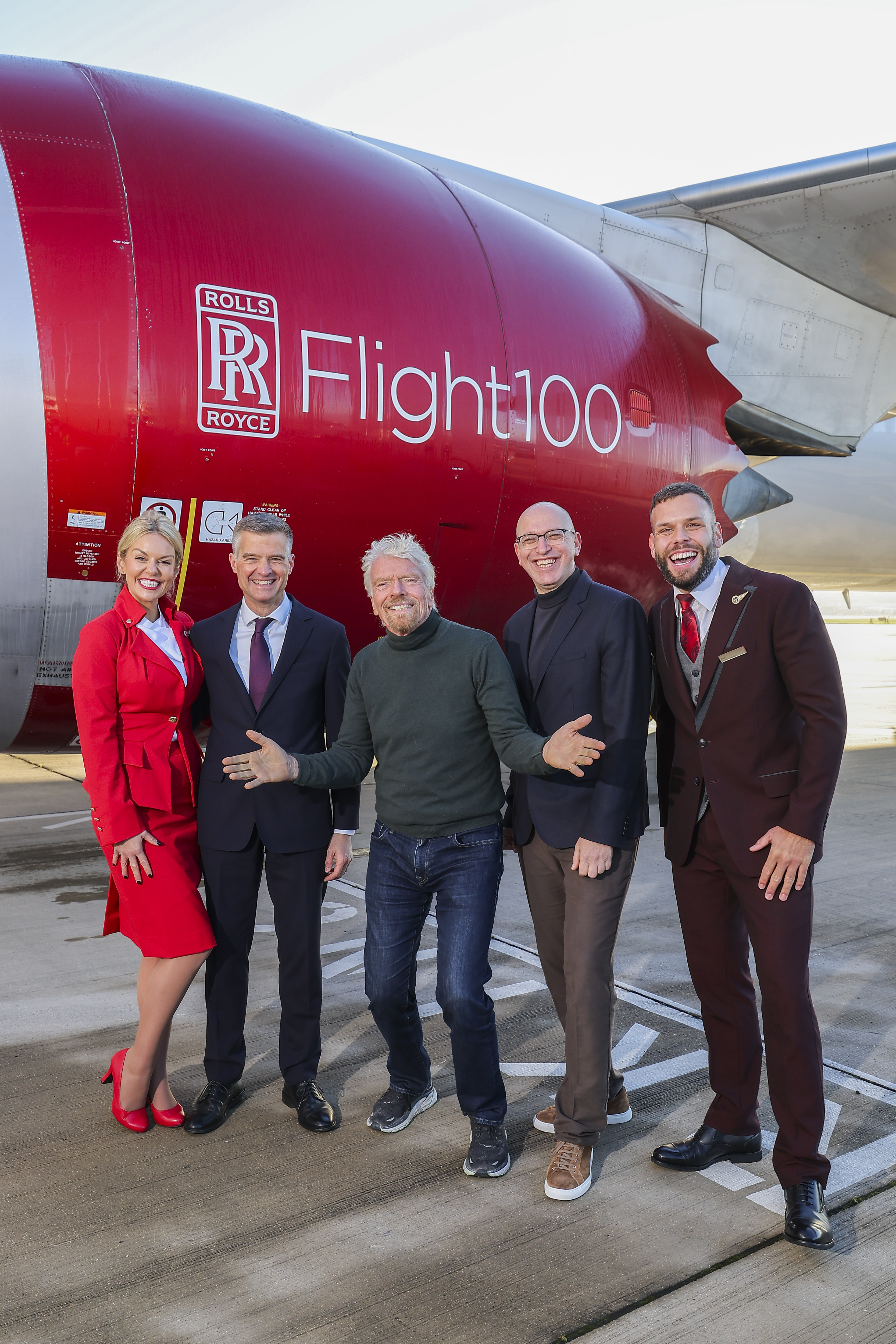The UK Advertising Standards Authority (ASA) has upheld complaints against Virgin Atlantic’s sustainable aviation fuel (SAF) radio advertisement on August 7, 2024.
The ASA received five complaints against the advertisement – first heard on November 24, 2023 – claiming the “100% sustainable aviation fuel” statement had given a “misleading impression of the fuel’s environmental impact”. The advert had described its – at the time – upcoming Flight100. The flight had taken off on November 28, 2023, from London Heathrow to JFK using 100% SAF.
“[Virgin] believed consumers would understand the term ‘100% sustainable aviation fuel’ in the context of the ad to be a reference to a type of fuel which was made from sustainable sources, rather than being fossil fuel based, and which reduced but did not necessarily completely eliminate greenhouse gases,” read ASA in a statement.
Virgin had also conducted third party researched – also referenced by the ASA – and found that the general consumer understood that its ‘100% SAF’ wording in the advert was in relation to the quantity of SAF used – not that the fuel itself was 100% sustainable.
A Virgin Atlantic spokesperson said to Airline Economics: “SAF is a term used globally by industry and government for fossil-alternative aviation fuels that adhere to specific sustainability criteria. The radio advert for Flight100 used SAF, and other factually accurate wording, to share that the flight would be operated as a single, non-commercial flight using 100% SAF.”
However, the ASA still upheld the complaints. It read in a statement: “The ASA considered that while many listeners would understand from the ad that Flight100 had, uniquely, flown transatlantic using only sustainable aviation fuel, a significant proportion would understand the claim ‘100% sustainable aviation fuel’ to mean that the fuel used was 100% sustainable.”
The Virgin spokesperson added: “While we are disappointed that the ASA has ruled in favour of a small number of complaints, we remain committed to open, accurate and transparent engagement on the challenge of decarbonisation.”
The ASA did acknowledge that Flight100 was calculated to have delivered savings of 64% in greenhouse gas emissions compared to fossil derived fuels. It argued that this was not stated in the advert, along with the fact SAF “still produced significant emissions over its lifecycle”.
“We’re committed to achieving net zero by 2050 and key to this will be using SAF, which is one of the most immediate levers to decarbonising long haul aviation,” the Virgin spokesperson countered. “Flight100 proved that SAF is a safe, 100% drop-in replacement for fossil fuel and while 100% adoption across every flight may be decades away, we demonstrated the radical collaboration required to drive increased production, supply and uptake in the UK.”
Following the uphold of the five complaints, the ASA has told the company to “ensure that future ads” referencing the use of SAF to include “qualifying information” that explains its environmental impact.
UK advertising authority upholds complaints against Virgin Atlantic’s SAF ad

